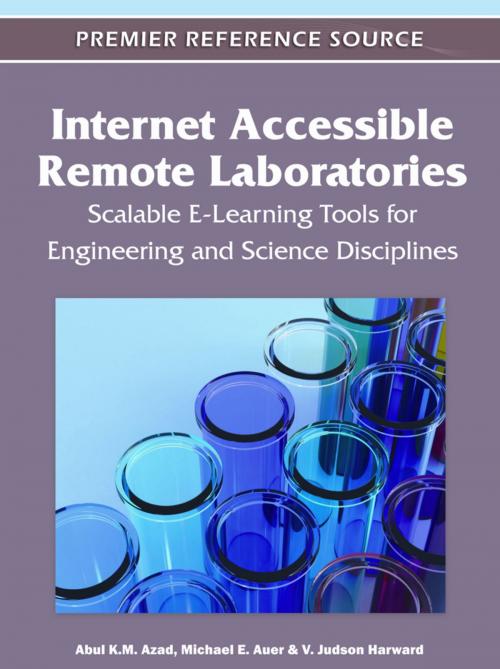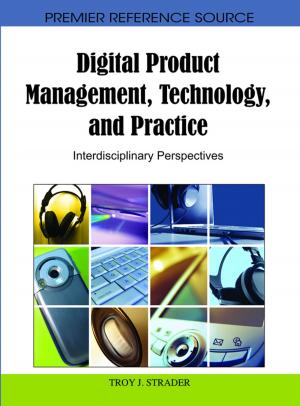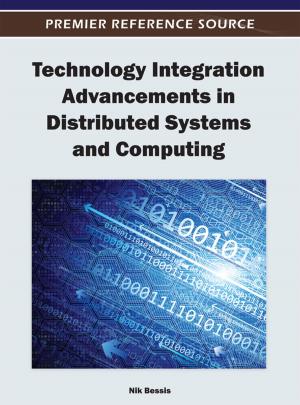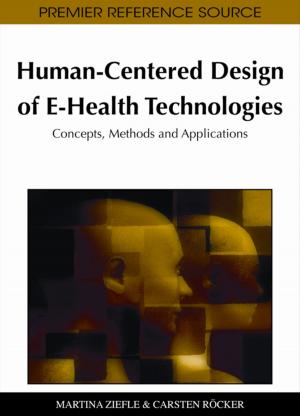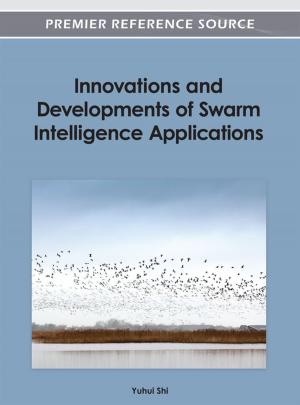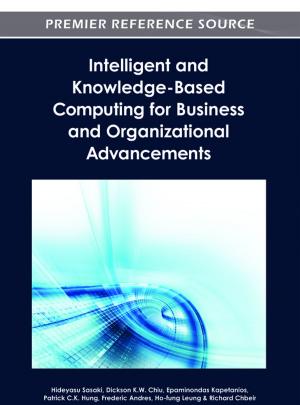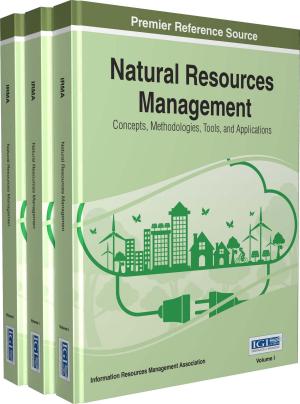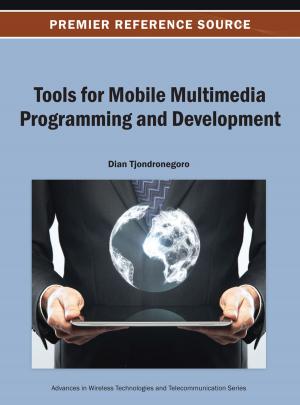Internet Accessible Remote Laboratories
Scalable E-Learning Tools for Engineering and Science Disciplines
Nonfiction, Reference & Language, Education & Teaching, Educational Theory, Adult & Continuing Education, Computers, Internet| Author: | ISBN: | 9781466605091 | |
| Publisher: | IGI Global | Publication: | November 30, 2011 |
| Imprint: | Engineering Science Reference | Language: | English |
| Author: | |
| ISBN: | 9781466605091 |
| Publisher: | IGI Global |
| Publication: | November 30, 2011 |
| Imprint: | Engineering Science Reference |
| Language: | English |
Limited resources and other factors pose major challenges for engineering, technology, and science educators’ ability to provide adequate laboratory experience for students. An Internet accessible remote laboratory, which is an arrangement that allows laboratory equipment to be controlled remotely, addresses these difficulties and allows more efficient laboratory management. Internet Accessible Remote Laboratories: Scalable E-Learning Tools for Engineering and Science Disciplines collects current developments in the multidisciplinary creation of Internet accessible remote laboratories. This book offers perspectives on teaching with online laboratories, pedagogical design, system architectures for remote laboratories, future trends, and policy issues in the use of remote laboratories. It is useful resource for graduate and undergraduate students in electrical and computer engineering and computer science programs, as well as researchers who are interested in learning more about the current status of the field, as well as various approaches to remote laboratory design.
Limited resources and other factors pose major challenges for engineering, technology, and science educators’ ability to provide adequate laboratory experience for students. An Internet accessible remote laboratory, which is an arrangement that allows laboratory equipment to be controlled remotely, addresses these difficulties and allows more efficient laboratory management. Internet Accessible Remote Laboratories: Scalable E-Learning Tools for Engineering and Science Disciplines collects current developments in the multidisciplinary creation of Internet accessible remote laboratories. This book offers perspectives on teaching with online laboratories, pedagogical design, system architectures for remote laboratories, future trends, and policy issues in the use of remote laboratories. It is useful resource for graduate and undergraduate students in electrical and computer engineering and computer science programs, as well as researchers who are interested in learning more about the current status of the field, as well as various approaches to remote laboratory design.
